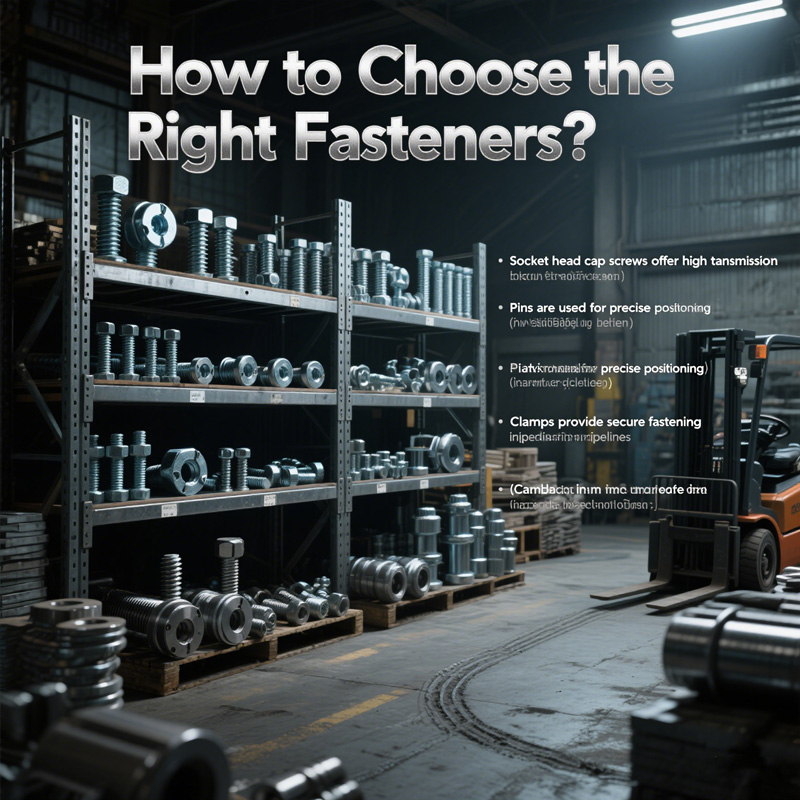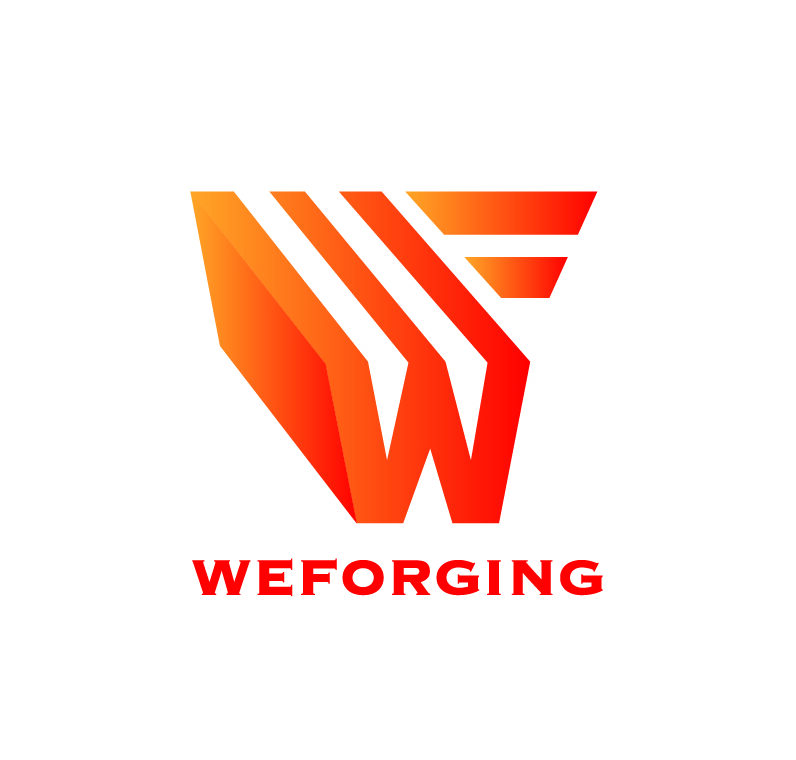How to Choose the Appropriate Fasteners?
Fasteners are the essential elements that hold modern structures and machines together. Understanding the fasteners meaning goes beyond bolts and nuts—it’s about selecting the right materials, coatings, and designs to ensure long-term reliability. Whether you are working on an automotive assembly, marine equipment, or industrial machinery, choosing the correct fasteners determines the overall safety and efficiency of the system.

Understanding Fasteners and Their Types
In engineering and manufacturing, fasteners refer to mechanical devices that join or secure two or more components together. Common types include screws and fasteners, bolts, nuts, washers, rivets, and pins. Each type serves a specific function depending on load requirements, vibration levels, and environmental conditions.
For example:
Bolts and nuts provide high clamping force and are ideal for heavy machinery.
Screws are suitable for precise assembly or when components need frequent maintenance.
Washers distribute loads evenly, preventing material damage.
Understanding the purpose of each type is the first step in selecting the right fastener for your project.
Material Selection: Why It Matters
The material of your fastener determines its strength, corrosion resistance, and lifespan. Common materials include:
Carbon Steel Fasteners – Cost-effective and strong, used in general engineering applications.
Stainless Fasteners – Provide excellent corrosion resistance, making them ideal for marine, outdoor, and high-moisture environments.
Alloy Steel Fasteners – Offer superior strength and hardness for high-temperature or high-pressure systems.
Brass and Aluminum Fasteners – Lightweight and resistant to certain chemicals, suitable for electrical and light mechanical assemblies.
When durability and appearance both matter, stainless fasteners are often the best choice—especially for marine fasteners, where exposure to saltwater demands exceptional corrosion resistance.
Choosing Fasteners for Different Environments
Each environment presents unique challenges that influence the selection of fasteners:
Marine Applications: Use marine fasteners made from stainless steel 316 or titanium for saltwater resistance and long-term reliability.
Automotive Industry: High-tensile fasteners are needed to handle vibration, heat, and stress in vehicle engines and chassis.
Construction: Galvanized or zinc-coated fasteners protect against rust and weather exposure.
Aerospace and Energy: Precision-forged fasteners with high fatigue strength are essential for safety-critical connections.
Selecting the right fastener type and material ensures not only performance but also compliance with global standards like ISO, ASTM, and DIN.
Performance Factors to Consider
Before finalizing your choice, engineers and procurement teams should assess:
Load Requirements: Choose fasteners that can handle tensile, shear, and vibration stresses.
Temperature and Corrosion Resistance: Match materials with the operational environment.
Thread Type and Size: Ensure compatibility with mating components.
Surface Coating: Zinc, nickel, or phosphate coatings enhance corrosion protection.
By combining technical precision with material expertise, you can extend the service life of assemblies and reduce maintenance costs.
Why Choose Weforging Fasteners
At Weforging, we manufacture high-strength forged and machined metal fasteners designed for automotive, marine, and industrial systems. Our process integrates hot forging, CNC machining, and rigorous testing to ensure superior tensile strength and dimensional accuracy.
We offer:
Custom stainless fasteners and marine fasteners for demanding environments.
Complete quality inspection (UT, hardness, CMM verification).
Fast global delivery and technical support for OEM clients.
Conclusion
Choosing the appropriate fasteners is more than a simple hardware decision—it’s a technical process that ensures performance, reliability, and safety. By understanding the fasteners meaning, selecting proper materials, and considering environmental conditions, you can achieve stronger assemblies and longer-lasting results.
For expert guidance on forged fasteners, stainless fasteners, and marine fasteners, contact Weforging today to discuss your project needs.

